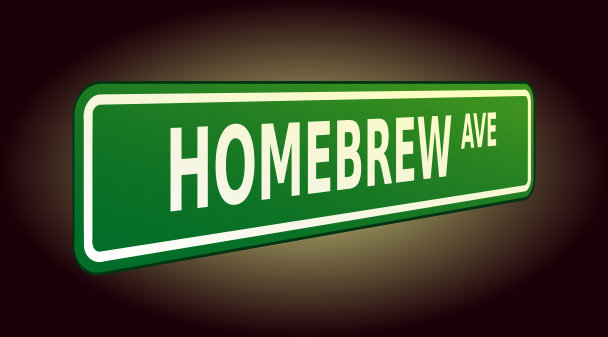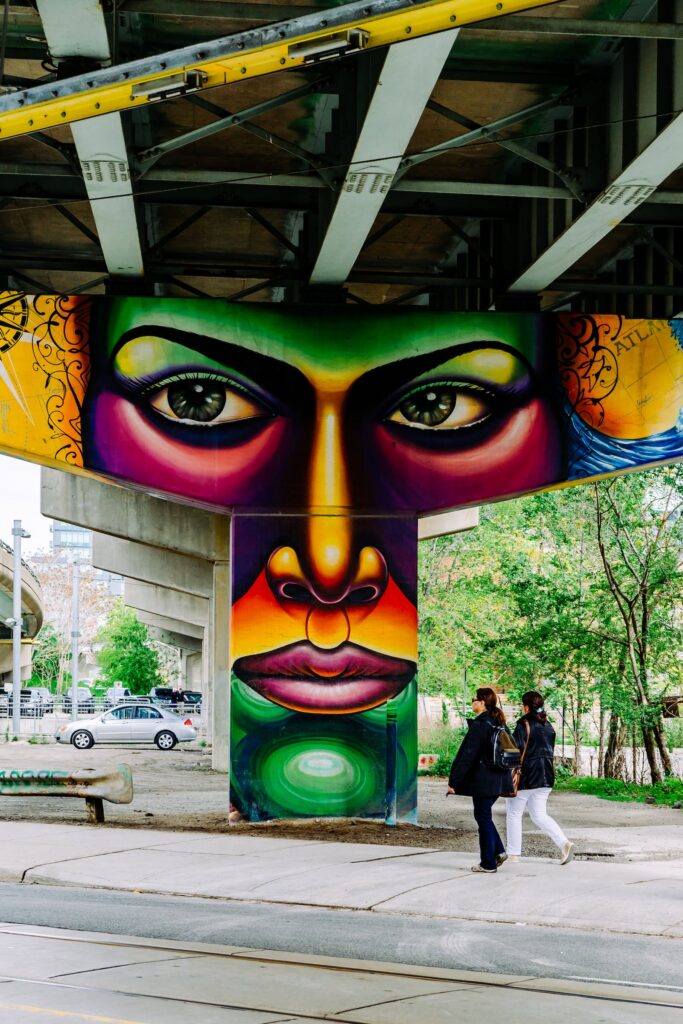Home of the Text Liberation License.
This site was created as a home for the Text Liberation License (TLL), which is an open license intended to support the creation of homebrew content. The first official version (1.0) of the TLL was released on April 4, 2023.
Homebrew Avenue is currently a community of one, the creator of this site and a homebrewer of games, primarily those of RPGs and storytelling games. But, it is hoped that the TLL will be adopted by other creators, both in the gaming industry and beyond, and the community will grow over time.
I released a role-playing game under this license, named Mythmagica, so that the TLL community has some seed content from which to build. You can download it for free from legendaryquest.com.

The Homebrew Philosophy
Homebrew is any form of content created by enthusiasts for the sheer joy of creating it, and with the desire to share it with other homebrewers so they, in turn, can build on it. Often, homebrewers do this without expecting any financial compensation. But, that does not mean that homebrewers are opposed to making money. Some homebrewers start businesses marketing their creations. Others provide their homebrew content to the community with no financial strings attached. Either way, all homebrewers seek to expand as quickly as possible the amount of high-quality homebrew content that the community can tinker with and use for their own ends without running into copyright issues. To that end, homebrewers adopting the philosophy of this website allow, and even encourage, others to reinterpret and profit from their derivative works, so long as those enhancements come back to the community within a reasonable span of time to enlarge its freely available homebrew-able content. Further, that span of time should never impede one generation from building on the accomplishments of the previous generation.
A World of Nearly Endless Copyrights
For better or worse, we live in a world where copyrights restrict what content homebrewers can build upon and hand out to others. In theory, any content created today will eventually be released into the public domain. At that point, a homebrewer would be free to use it however they desire. However, the current length of time that must pass for this to happen is the lifetime of the creator plus 70 years! So, if a homebrewer were to create something and release it into the public domain, someone else could immediately create a derivative work from that content and profit from the result for generations without ever giving anything back to the community that gave them a leg up in their creations. For most homebrewers, that is unreasonably long.
Adopters of The Homebrewer Philosophy espoused by this site believe that every generation should have the right to build on and reinterpret the accomplishments of the previous generation. At the same time, we recognize that many creators need income in order to create.


The Role of the Text Liberation License
There are many open licenses that provide the legal framework needed to ensure that content created under them is immediately available for other creators to utilize in their own creations. But, such licenses don’t provide the creators of derivative works exclusive rights to those works for any length of time, which makes it difficult for those creators to profit from their efforts. This is true for many of the Creative Commons licenses, for example. Further, there are countless closed commercial licenses designed to maximize the profits of commercial products. However, these licenses rarely, if ever, give anything back to the community. Most do so only when the licensed product’s copyrights expire and the work falls into the public domain. Unfortunately, there is a dearth of licenses that fall between these two extremes.
The Text Liberation License (TLL) was created to fill this gap, at least in part. The text of any work licensed under the TLL must be accompanied by a Text Liberation Date. When this date passes, the text of the work becomes freely available for others to use as they choose, as long as it remains under the TLL. The license requires that the date be set to be no later than 25 years after the product’s initial release. Prior to that time, the creator of the work retains exclusive rights to do whatever they want with their creation, including deriving profit from it in any manner they choose, as long as they don’t interfere with the requirement that the work’s text be liberated after the Text Liberation Date.
After the Text Liberation Date, anyone can create derivative works from the Liberated Text. If they make significant contributions to the work, they may set their own, new, Text Liberation Date on the result, which can be no later than 25 years from the release date of their new work. Then, they can have exclusive use of their improvements from which to derive profit until their Text Liberation Date has passed, and so on.
In this way, each generation can benefit from, and profit from, the works of the earlier generation, provided they agree to allow the next generation to gain the same benefits that they enjoyed.